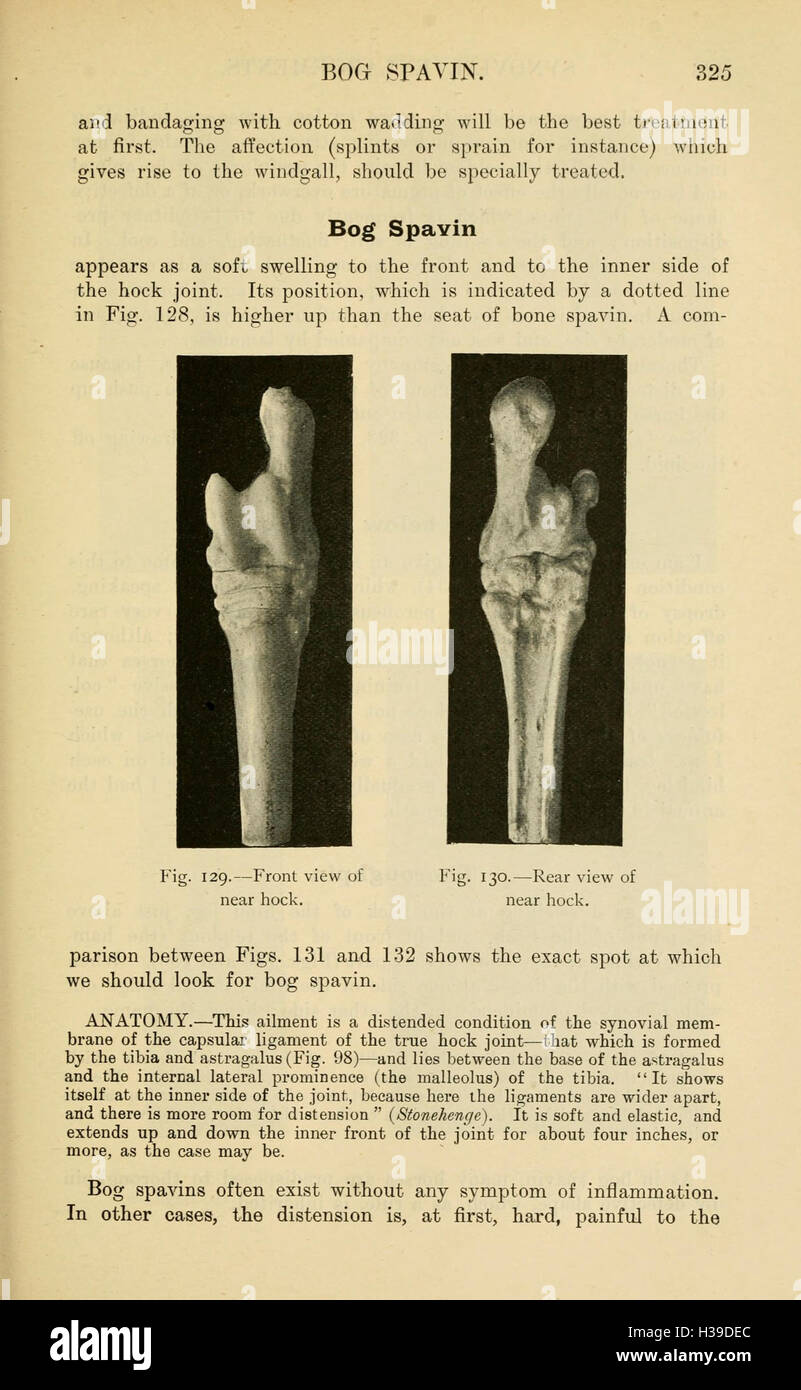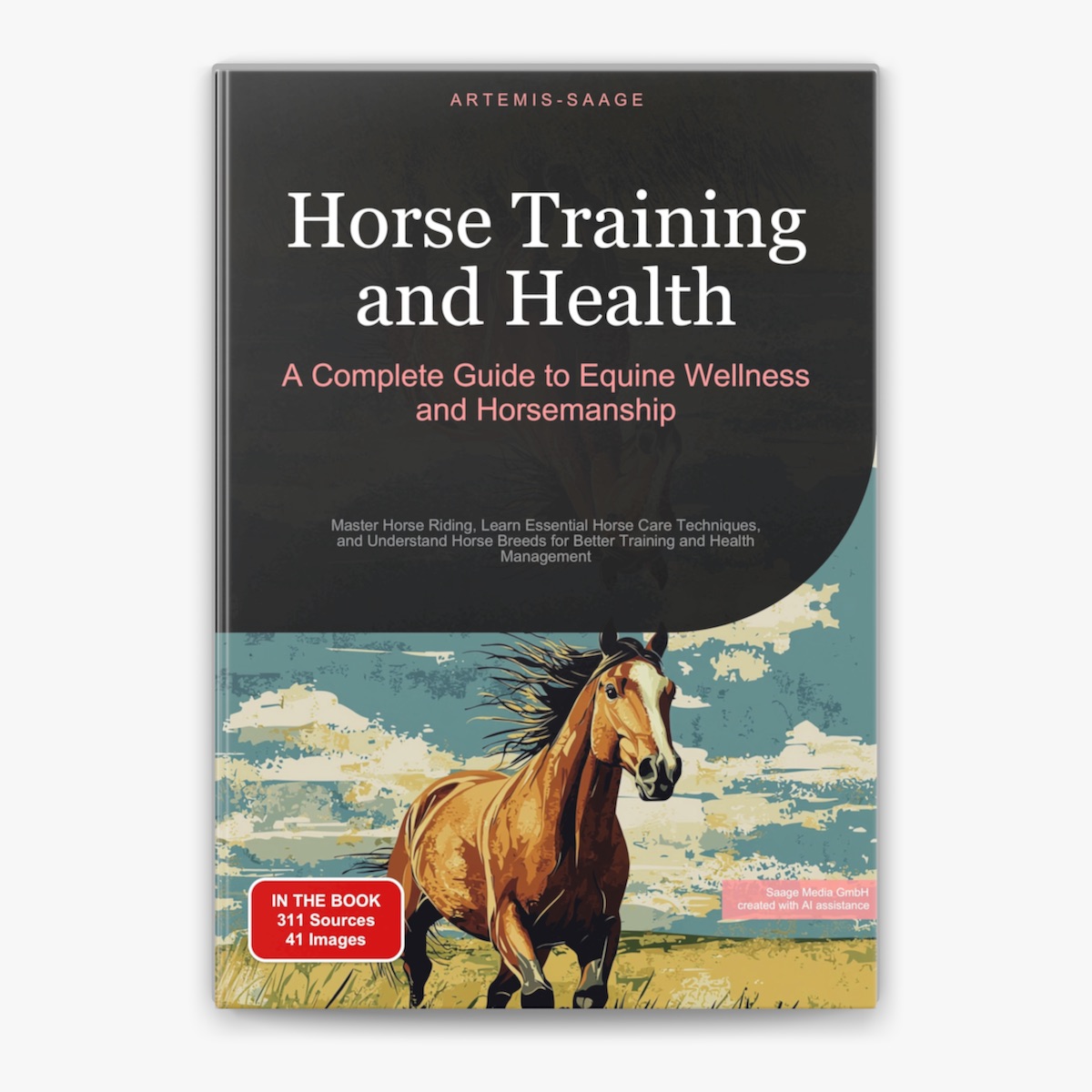Horse Health and Veterinary Reference Books

When it comes to maintaining the health and well-being of horses, having access to reliable veterinary reference books is essential for horse owners, veterinarians, and equine enthusiasts alike. These resources provide invaluable information on diagnosis, treatment, nutrition, and preventive care.
Why Use Veterinary Reference Books for Horses?

Veterinary reference books offer comprehensive, scientifically-backed knowledge that helps in understanding equine anatomy, common diseases, and treatment protocols. They serve as a trusted guide for both professionals and amateurs to make informed decisions about horse care.
Key Topics Covered in Horse Health Books
| Topic | Description |
|---|---|
| Equine Anatomy | Detailed illustrations and explanations of horse body systems and structures. |
| Common Diseases | Information on symptoms, causes, and treatments of frequent equine illnesses. |
| Nutrition and Diet | Guidelines on feeding practices, supplements, and dietary needs for different life stages. |
| Preventive Care | Vaccination schedules, parasite control, and hygiene practices to prevent illness. |
| Emergency Procedures | Step-by-step instructions for handling urgent health situations and injuries. |
Popular Veterinary Reference Books for Horses
- “Equine Medicine and Surgery” by Dr. Smith: A comprehensive guide covering all aspects of horse health.
- “The Complete Equine Veterinary Manual” by Dr. Johnson: Known for its practical approach and easy-to-understand language.
- “Equine Nutrition and Feeding” by Dr. Brown: Focuses on dietary management and nutritional science.
How to Choose the Right Reference Book
When selecting a veterinary reference book, consider the following:
- Author Expertise: Look for books written by experienced veterinarians or equine specialists.
- Content Depth: Choose a book that matches your knowledge level, whether beginner or advanced.
- Up-to-Date Information: Ensure the book includes the latest research and veterinary practices.
Frequently Asked Questions (FAQ)
Q1: Are veterinary reference books suitable for horse owners without medical training?
A1: Yes, many books are designed to be accessible to non-professionals, with clear explanations and practical advice.
Q2: Can these books replace professional veterinary care?
A2: No, while they are valuable resources, they should complement, not replace, regular veterinary consultations.
Q3: Where can I find reliable veterinary reference books?
A3: They are available at specialized bookstores, online retailers, and through veterinary associations.
Having a well-chosen veterinary reference book can empower you to provide better care for your horse and respond effectively to health issues. Whether you’re a seasoned vet or a passionate horse owner, these books are indispensable tools in equine health management.
